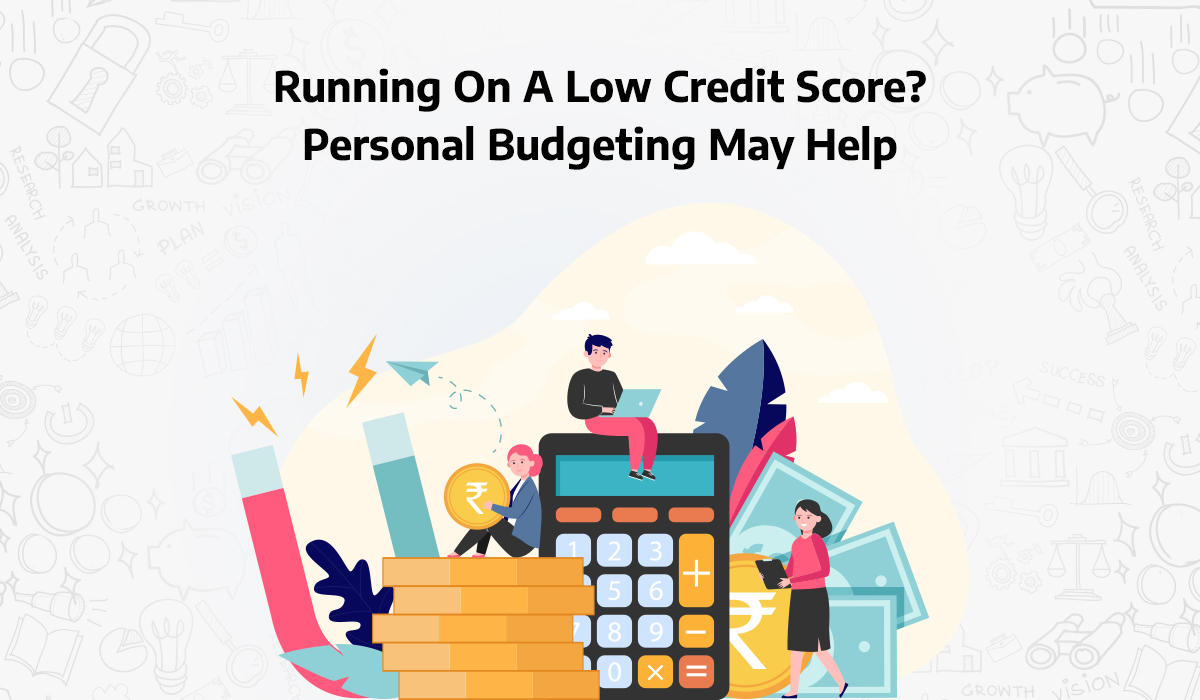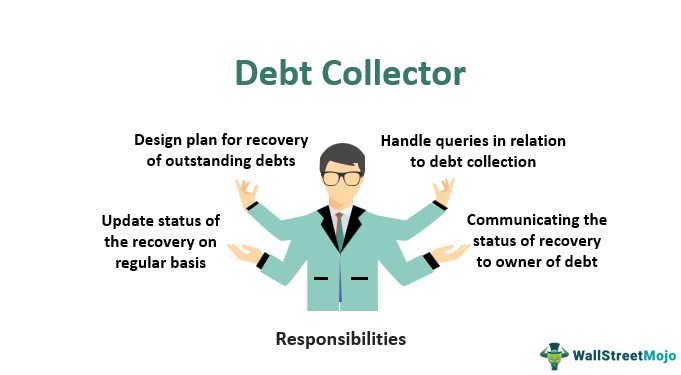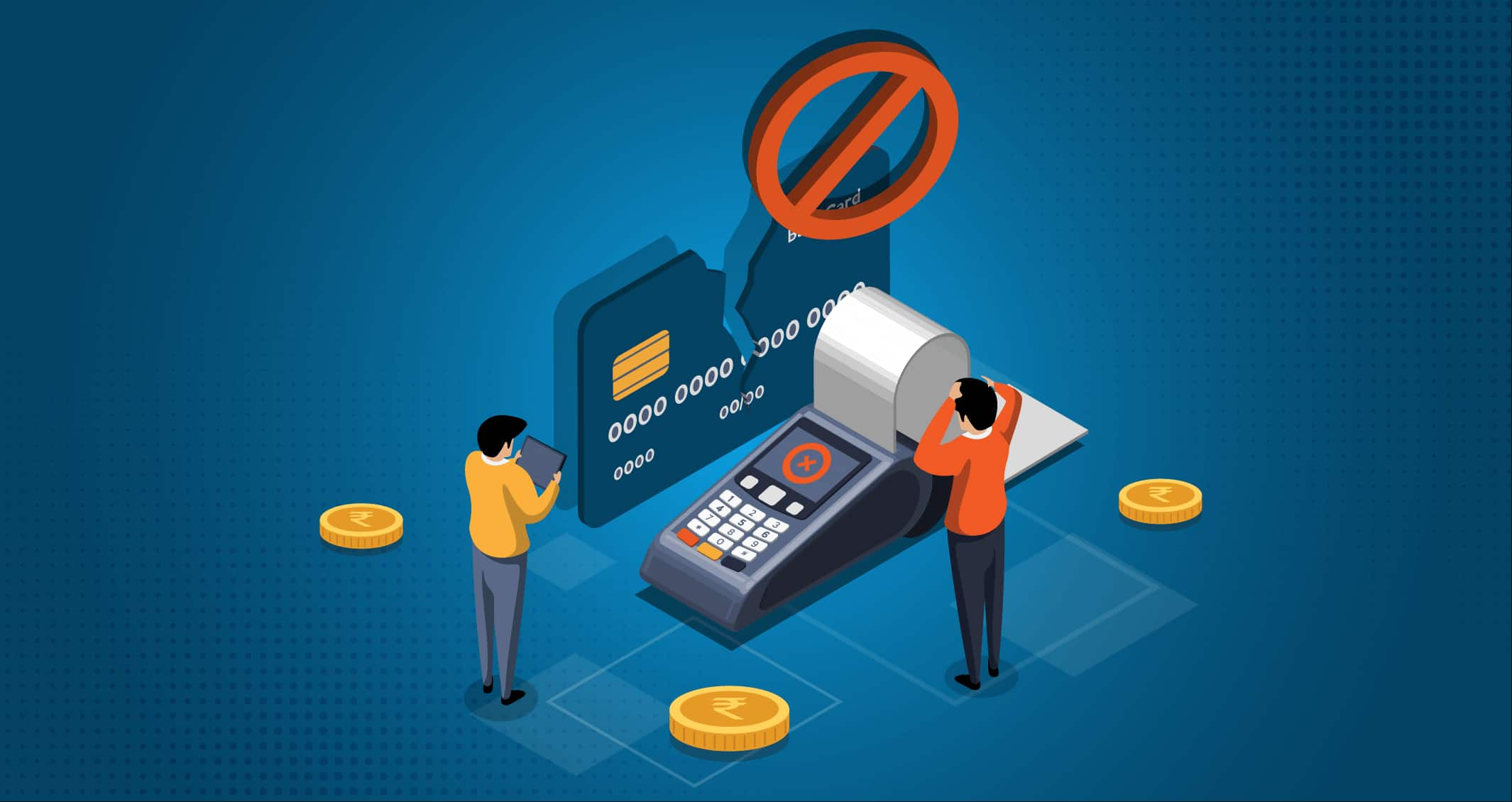Introduction:
Having good credit is essential for your financial health. It allows you to qualify for loans, credit cards, and other financial products at better interest rates and terms. Building good credit takes time and effort, but the rewards are worth it. In this blog post, we will discuss how to build good credit, why it is important, and how it can improve your personal finances.
What is Good Credit?
Good credit is a reflection of your creditworthiness, which lenders use to determine if you are a good risk for lending money. A good credit score typically falls between 670 and 739, while an excellent credit score is 740 or above. Having good credit means that you have a history of responsible credit use, such as paying your bills on time, keeping your credit utilization low, and maintaining a long credit history.
Why is Good Credit Important?
Good credit is important because it impacts your ability to qualify for loans and credit cards at favorable terms. A high credit score can result in lower interest rates and fees, which can save you thousands of dollars over the life of a loan. Additionally, having good credit can improve your chances of getting approved for an apartment or a job, as landlords and employers often check credit scores as part of the application process.
How to Build Good Credit:
Building good credit takes time and effort, but it is not impossible. Here are some tips to help you build good credit:
Check Your Credit Report: The first step to building good credit is to know where you stand. Check your credit report for errors, inaccuracies, or fraudulent accounts. You can get a free copy of your credit report from each of the three major credit bureaus (Equifax, Experian, and TransUnion) once a year at annualcreditreport.com.
Pay Your Bills on Time: Payment history is the most significant factor in calculating your credit score. Make sure to pay your bills on time, including credit cards, loans, and utilities. Late payments can stay on your credit report for up to seven years and can have a significant impact on your credit score.
Keep Your Credit Utilization Low: Credit utilization refers to the amount of credit you are currently using compared to your available credit. Lenders prefer to see a lower credit utilization ratio, typically under 30%. Keeping your credit utilization low shows that you are not overextended financially.
Don’t Close Old Credit Accounts: Length of credit history is another important factor in calculating your credit score. Keeping old credit accounts open, even if you don’t use them, can help improve your credit score by demonstrating a long credit history.
Use Credit Responsibly: Using credit responsibly means not maxing out your credit cards, avoiding unnecessary credit applications, and only using credit for necessary purchases. Using credit responsibly shows that you can manage credit responsibly and can help build good credit over time.
Conclusion:
Building good credit takes time and effort, but the rewards are worth it. Good credit can help you qualify for loans and credit cards at better terms, save you money on interest and fees, and improve your chances of getting approved for an apartment or a job. By following these tips, you can build good credit and improve your personal finances over time. Remember, building good credit is a marathon, not a sprint, and it takes patience and perseverance to achieve long-term success.






